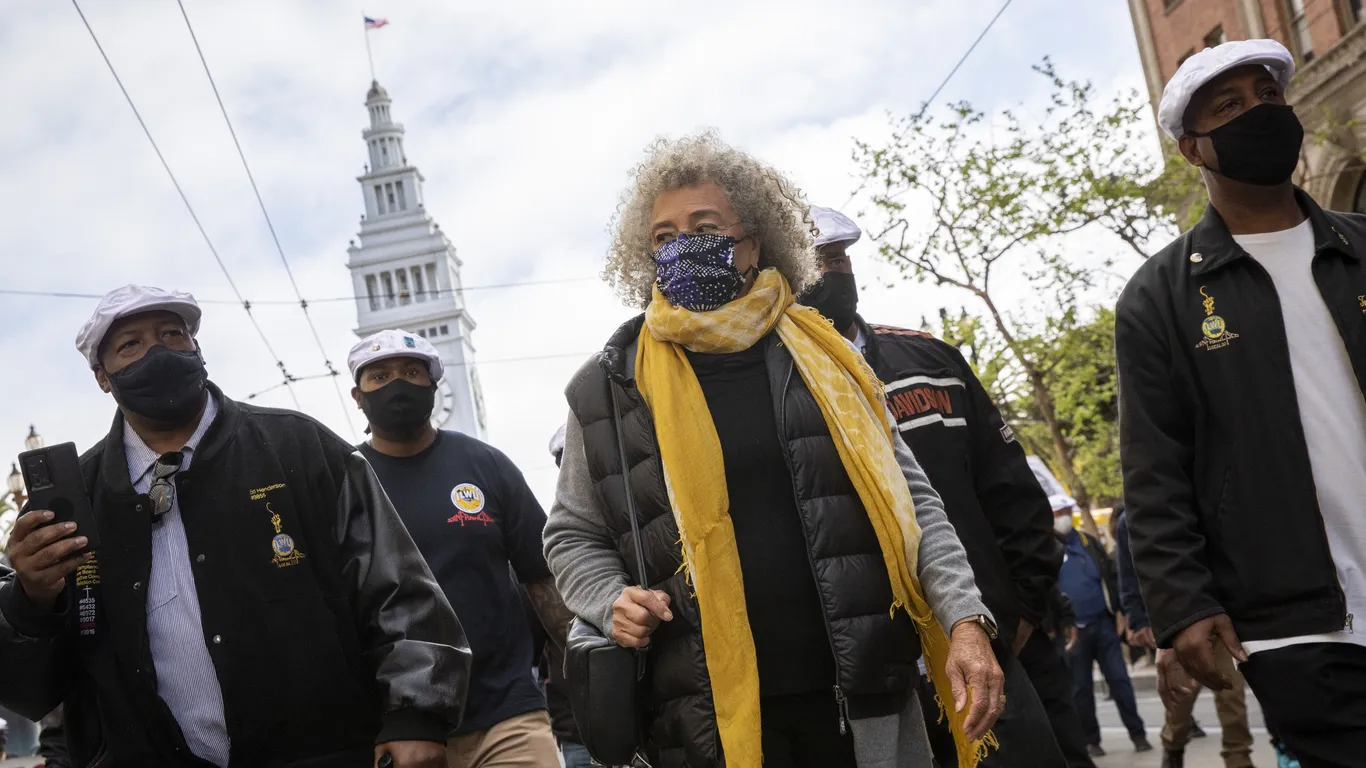General Strikes Lack Worker Support
In recent years, the term "general strike" has been thrown around with alarming frequency, often buoyed by social media fervor rather than actual worker mobilization. Joe Burns highlights that the numerous proclamations for general strikes, particularly after Trump"s election, have largely fizzled. From the Women’s Strike on International Women’s Day to calls for immigrant worker strikes, these initiatives have not translated into the powerful collective action necessary to disrupt the status quo. As Burns notes, if the strikes are forgettable, they likely were not successful.
Real Strikes Require Real Organization
The mechanics of a successful strike are complex and involve significant groundwork within the workplace. Unions typically engage in serious discussions, hold strike votes, and consider the repercussions of such actions. This is a far cry from the cavalier proclamations made by those detached from the struggles of workers. The difference is evident; as Burns articulates, making the choice to strike is a serious commitment that cannot be made lightly. The mere act of calling for a strike on Facebook does not equate to genuine labor action.

How labor activism in the Bay Area evolved over the years - Axios San ...
Historical Context Undermines Current Initiatives
Historical examples of strikes led by oppressed workers highlight the fundamental difference between true labor actions and the hollow calls for general strikes seen today. The garment workers" strikes led by Clara Lemlich and the immigrant worker strikes of 2006 did not emerge from social media buzz but from grassroots organizing among those directly affected. When activists attempt to substitute their will for that of the workers, it undermines the very essence of solidarity and self-activity that true labor movements are built upon.
Accountability is Key for Effective Strikes
One glaring issue with the current wave of general strike calls is the lack of accountability. When unions call for a strike, they are often subject to scrutiny regarding participation rates and outcomes. However, with these nebulous general strikes, there is no mechanism to assess their effectiveness or gauge worker participation. As reported by the U.S. Bureau of Labor Statistics, the number of actual work stoppages has dwindled, reflecting a broader crisis in labor organizing.

International Women’s Day | News, Sports, Jobs - The Mining Gazette
Real Change Demands Worker Participation
The appeal of a general strike lies in its potential power to disrupt the capitalist machine; shutting down the economy could signal a pivotal moment in labor history. But without the active participation of workers, these strikes remain mere fantasies. As Burns emphasizes, effective labor actions are rooted in deep ties within the working class. If organizers cannot rally even a handful of co-workers to commit to a strike, they must confront the reality of their disconnect from the workforce. It is imperative that movements focus on building relationships with workers to empower them to advocate for their rights.


![[Video] France opens applications for 10-month national service for youth](/_next/image?url=%2Fapi%2Fimage%2Fthumbnails%2Fthumbnail-1768220506872-i17id8-thumbnail.jpg&w=3840&q=75)




![[Video] Gunfire between Iraqi security forces and Sadr militias in Baghdad](/_next/image?url=%2Fapi%2Fimage%2Fthumbnails%2Fthumbnail-1768343508874-4redb-thumbnail.jpg&w=3840&q=75)
